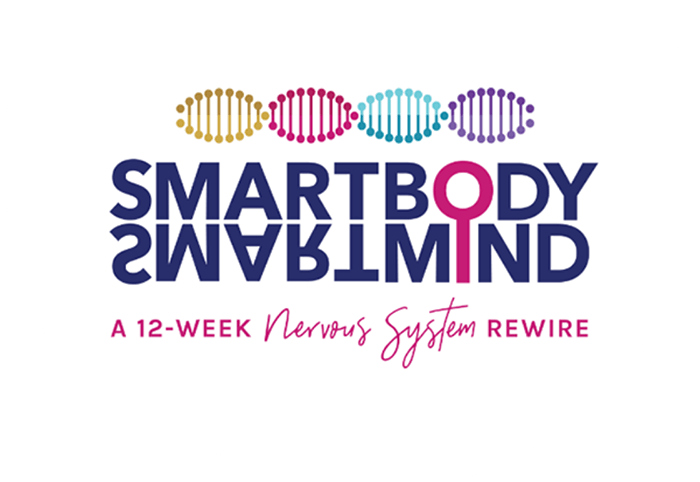This section addresses the following questions:
- I understand the concept and my brain doesn’t quite get it?! Is this purely an awareness exercise, or can we experience changes by doing this?? I’m not 100% clear on this one.
- From what I’ve gathered from the various exercises, the point of Feldenkrais-type exercises is to become aware of how we’re moving, so that we can begin to move with more ease. Is it normal to do these exercises and not feel like our movement is becoming more efficient?
- I think I still feel like nothing is really happening. Is it safe to count on the fact that something IS happening, and I’m just not conscious of it? So maybe the real question is, do I need to be consciously aware of the learning and changing of movement, in order to benefit?
- It caused significant nausea — the sensation of this stretched through my entire swallow tube and into the stomach and abdomen — still there now — swirling. Right side felt agitated, and skin sensitive. What is this?
- What the WHAT? Did it with my left hand yesterday. Not a challenging exercise — only a little difficult to keep my focus toward the end. But this morning I woke up with pains all over my left side: back, neck, hip, middle finger etc. Huh???
- I am wondering if it’s connected in some way to my jaw or brain stem, because it’s as if it releases something sympathetically in another part of my body that has been in unconscious bondage in a sneaky, unexpected way, like ‘unhinging’ me in a good way? Is this some kind of back-door release of the nervous system from its usual moorings? My whole body feels different, like it is on a vacation from itself, if that makes sense.
With all Feldenkrais lessons, it’s very important to keep remembering that it’s not about how many movements you make, or how big the movements are — it’s about paying attention to HOW you move. What is the mind doing? How does the body feel? How do you find support from the ground? One could effectively practice Feldenkrais with no movement at all. Simply imagining the movement and sensing how you would do it, and then exploring other imaginary options, is just as good.
As we increase awareness of what we do, only then can we discover ways to change it, and make it more efficient. As we build that awareness of how we can explore other options, this will often ripple out into other areas of our physiology, and when we have been living with unresolved trauma, these seemingly simple explorations can lead to dramatic results.
This is because so often our habitual movement patterns have been built around our survival physiology to keep it packaged up! So, if you are exploring these lessons and you are remembering to apply the principles of curiosity, slowness, and not straining, and you find you are not noticing any new options at all in how to move, then it is possible that there is some freeze in the picture, and some emotional charge there that needs to be addressed. In order to benefit from these exercises, we DO need to learn and discover options other than what we do habitually. Though I suppose it’s possible that one’s movement might already be as refined and efficient as possible, there are very few humans that fall into this camp, so I’m going to guess it’s more likely that your explorations need to be slower, with greater attention on what may be happening with the thoughts and emotions. It also may be that your system simply isn’t ready to benefit from this kind of work yet, and could use some more trauma work first to develop internal safety and capacity, and this may be aided by one-on-one work.
If, on the other hand, you are doing these lessons and experiencing strange symptoms, emotional charges, and other unusual effects, this is why! You are breaking up the established movement patterns that have been keeping your unresolved trauma packaged up. This can especially happen with the Bell Hand lesson, because by moving those five fingers you are activating the five meridians on that side that are connected to each finger, so even though we are just moving the hand, it can profoundly affect the whole system.
